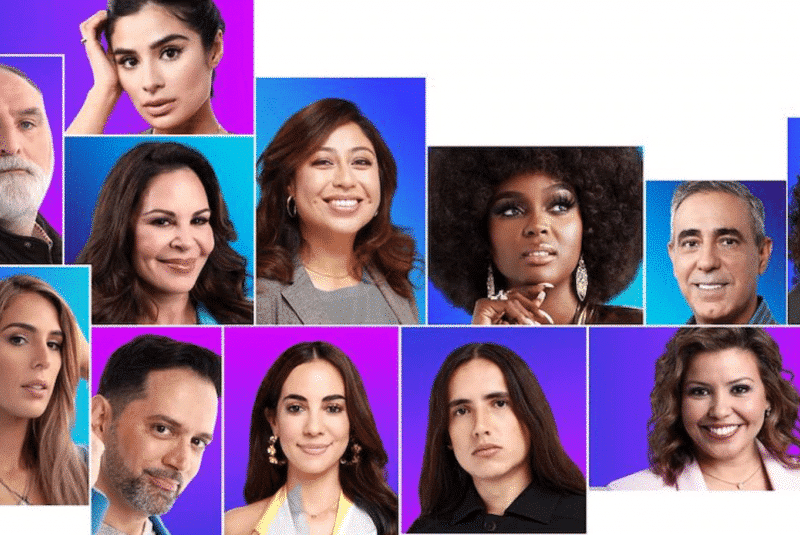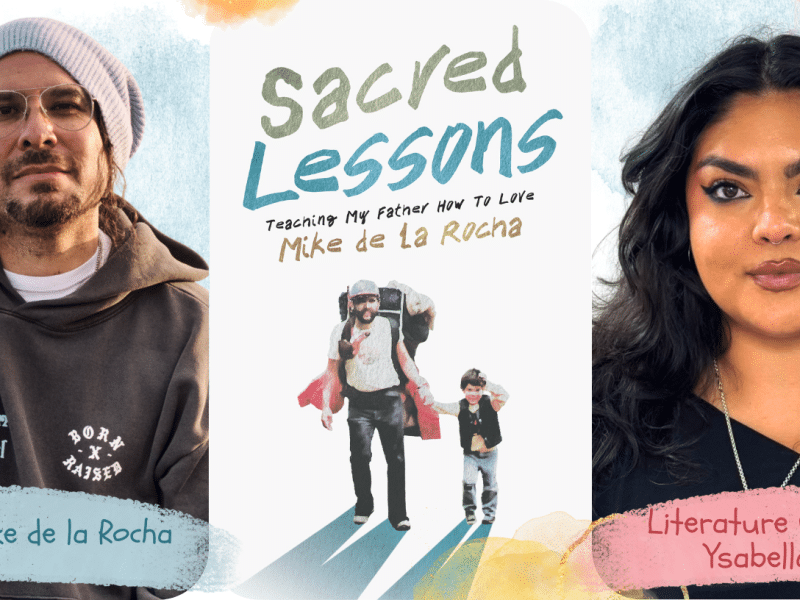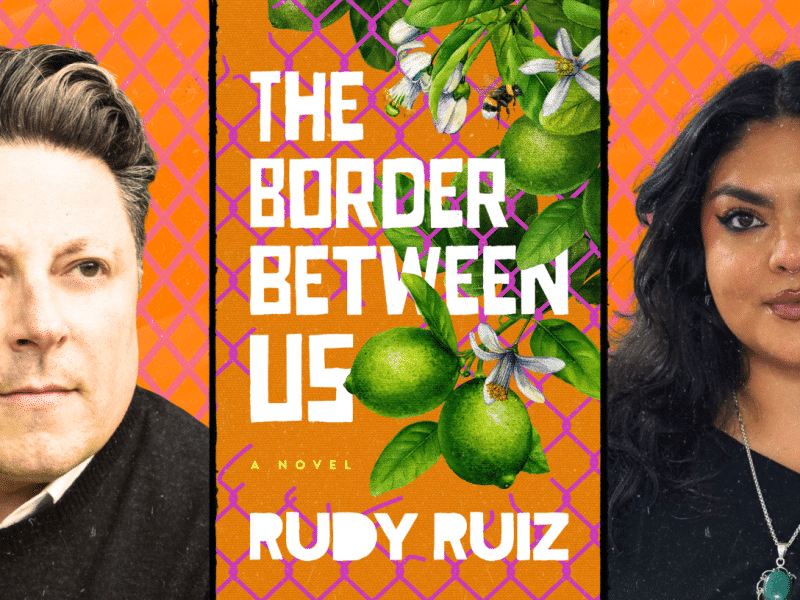HBO’s “Habla Now” Borders on Commercialized Patriotism
A look at the premiere of “Habla Now,” the fifteenth installment of HBO Latino’s award-winning “Habla” series by director and series creator Alberto Ferreras.

It’s been a minute since most of the country has enjoyed a proper night out—swapped our sweats for something with an actual zipper, dusted off that dingy makeup bag, braved tacones or watched a movie from a theatre screen as opposed to on an at-home device.
Since its founding in 1999, The New York Latino Film Festival has brought Latinx talent and cinema into the spotlight annually, becoming the premier Urban Latino film event in the country. Despite the pandemic, the NYLFF team was determined to move forward with their film festival.
The Bronx is home to the festival as well as the largest population of Black and Latino residents in New York City—90 percent of the 1.4 million residents are people of color. It is also the location of the city’s highest rates of coronavirus cases, hospitalizations, and deaths. Aware and sensitive to a community in recuperation, NYLFF dedicated this year’s programming to the resilience of the community and devised a new format, including virtual streaming and its first-ever drive-in experience, ensuring the safety of its patrons while providing some restorative inspiration through entertainment.
The weeklong festivities kicked off on Wednesday, September 14 with a red carpet event to celebrate the premiere of “Habla Now,” the fifteenth installment of HBO Latino’s award-winning “Habla” series by director and series creator Alberto Ferreras. The much-needed breath of fresh air (albeit masked) attracted local icons and city officials alike. Model, activist, and founder of Nuevayorkinos, Djali Alessandra Brown-Cepeda, host and comedian known as Dee Nasty, Darlene Demorizi, trans activist and TV personality, Carmen Carrera, award-winning journalist Mariana Atencio and graphic novelist Edgardo Miranda Rodriguez all walked the red carpet. New York commissioner Anne del Castillo, Bronx Borough President Ruben Diaz Jr, and Calixto Chinchilla, Founder of NYLFF, welcomed the audience before the start of the show.
Comedian Arturo Castro opened the one-hour documentary, warming the audience with irreverent humor, breathing optimism into the lungs of the film. Each subsequent storyteller continued this as they tackled the most relevant issues facing society today. The broad range of accounts depicting “U.S. Latino life” contextualized anti-Blackness, homophobia, transphobia, climate change, immigration, family separation in such an intimate and heartfelt manner, onlookers could not contain their show of emotion and support. There were steady cheers and honking horns from a boisterous drive-in audience throughout the presentation.
While the film encouraged all to use their voices to expand the narrow and diminutive portrayal of Latinx people in U.S. society, it principally featured celebrities. The sanitized depictions of these celebrities, shown as neatly conquering obstacles, lacked relatability in many instances. But showstoppers such as Diane Guerrero grounded viewers in the certainty that nothing is promised, least of all any place or land. While Guerrero went on to achieve her goal of becoming a performer, nothing could shield her from the lifelong consequences of being torn from her family. Her frank and unflinching reminder of the generational trauma of family separation was the sobriety the piece required, as it precariously bordered on an almost commercialized patriotism.
Likewise many audience members shared the desire for more diversity in race and representation, lamenting that two Black women does not make a diverse cast, though Amara La Negra was a clear favorite among the crowd. Joining remotely after the show Amara spoke as part of a panel with fellow castmates, Carmen Carrera, Mariana Atencio, Edgardo Miranda Rodriguez and director, Alberto Ferreras. “Que me da sentimientos because it’s so many years of talking about it and not feeling like your voice is being heard,” she told the audience before thanking the project creators, “…we should have been had this but what I will say is that I am grateful. As much as I have accused and pointed fingers at writers, agents, directors, producers, everyone who is in power to change the narrative of the stigma of what a Latina or what a Latino is I am grateful that you took your time, carefully thought this through to put every single one of us together in this one project where we could all talk about our experiences.”
Despite these moments of disillusionment, the call for unity resonated above all else—communicated most beautifully through poetry by environmental activist, Xiuhtezcatl Martinez. “A piece of a poem that I learned that was passed down to me from my elders was, Ti nezkayototiuh xochimeh, Ti nezkayototiuh kuikameh, por lo menos dejamos flores, por lo menos dejamos cantos, at the least, we have left flowers, at the least we have left songs,” shared Martinez. “That even though our temples and our civilizations and our nations will come to an end the beauty of our culture is in the flowers and in the songs that we preserve for the next generations. And now more than ever, we need you. We need to work together to stand up and fight back and play our part.”
“Habla Now” is now streaming on HBO Max.



